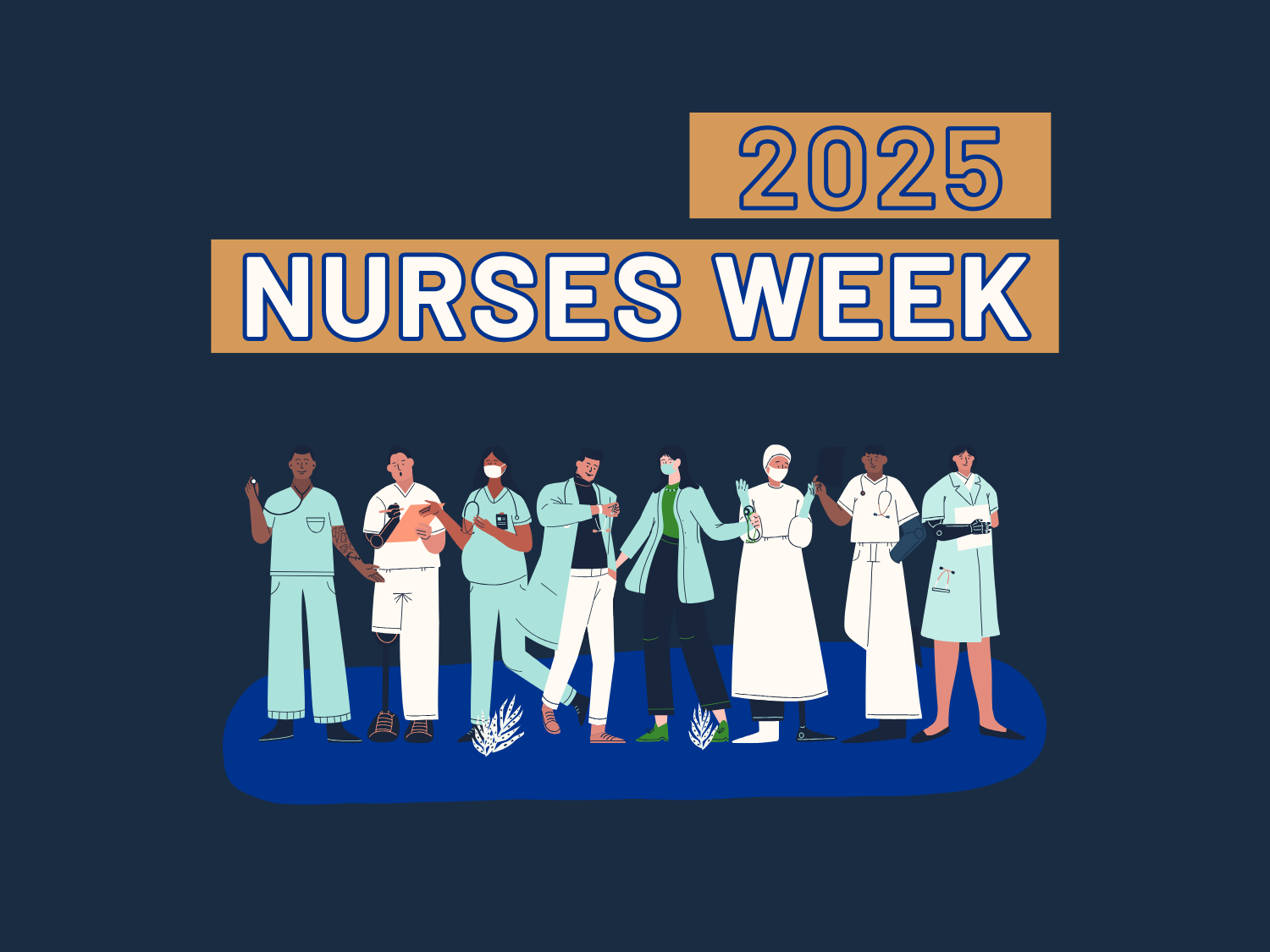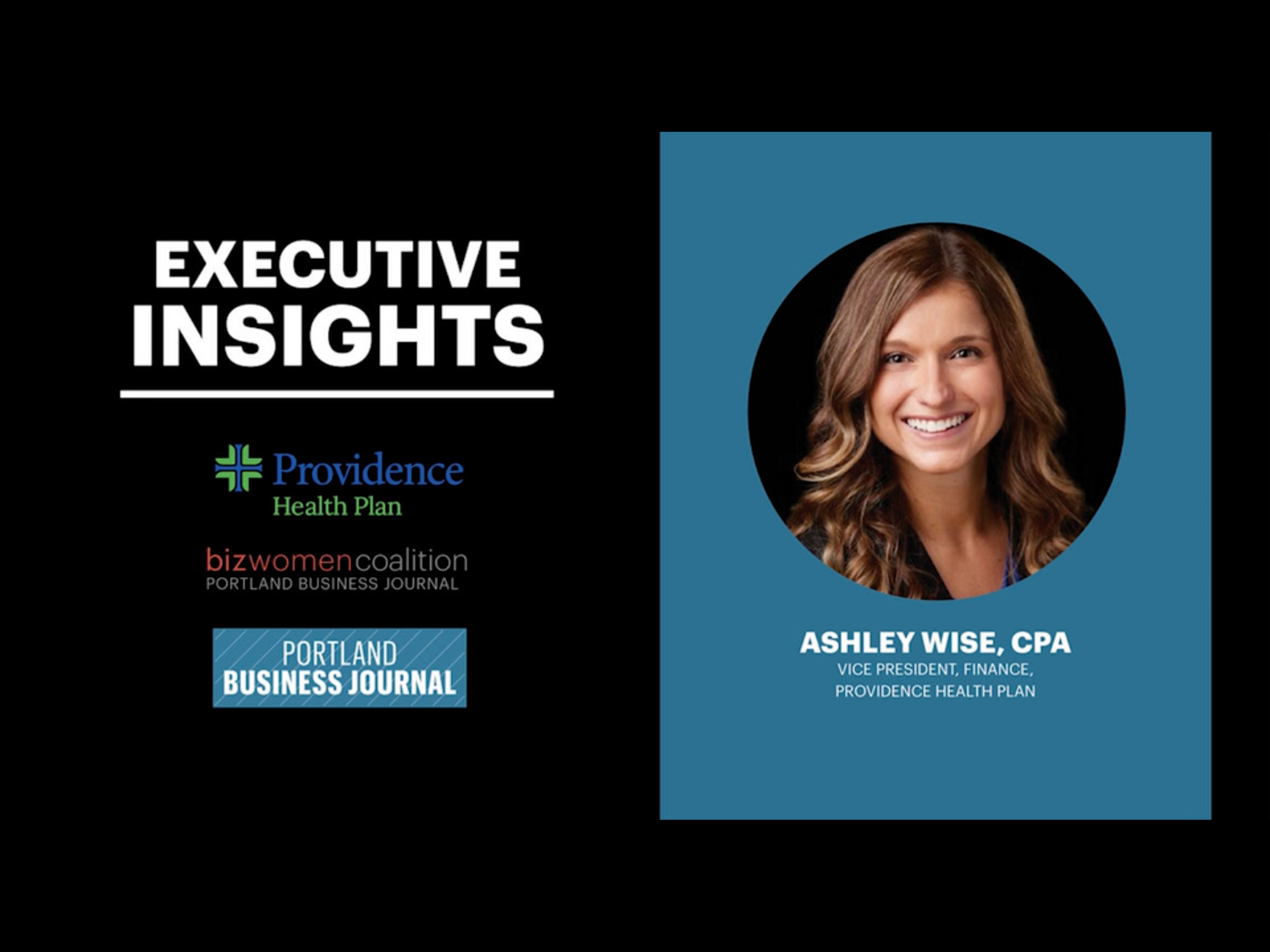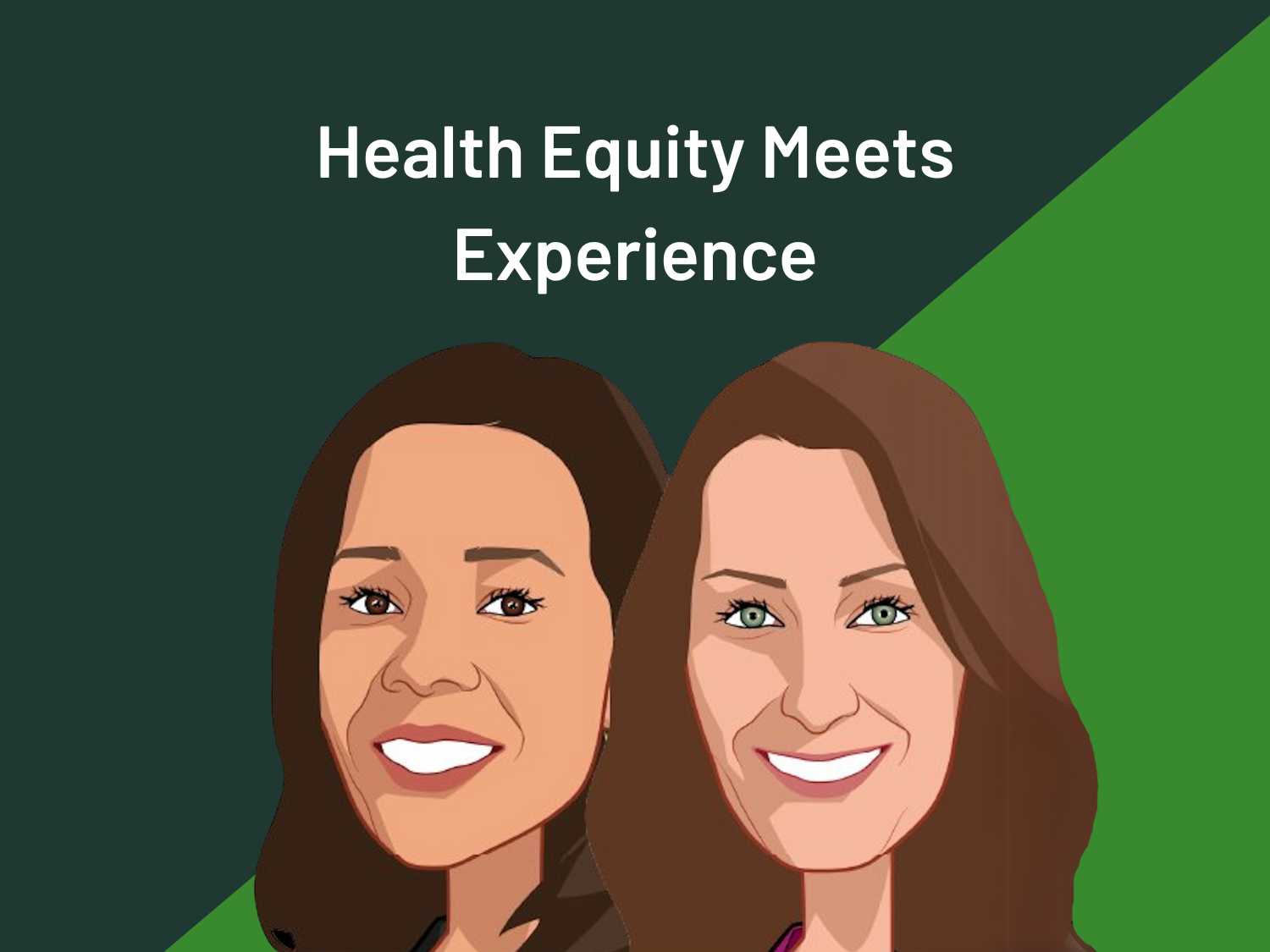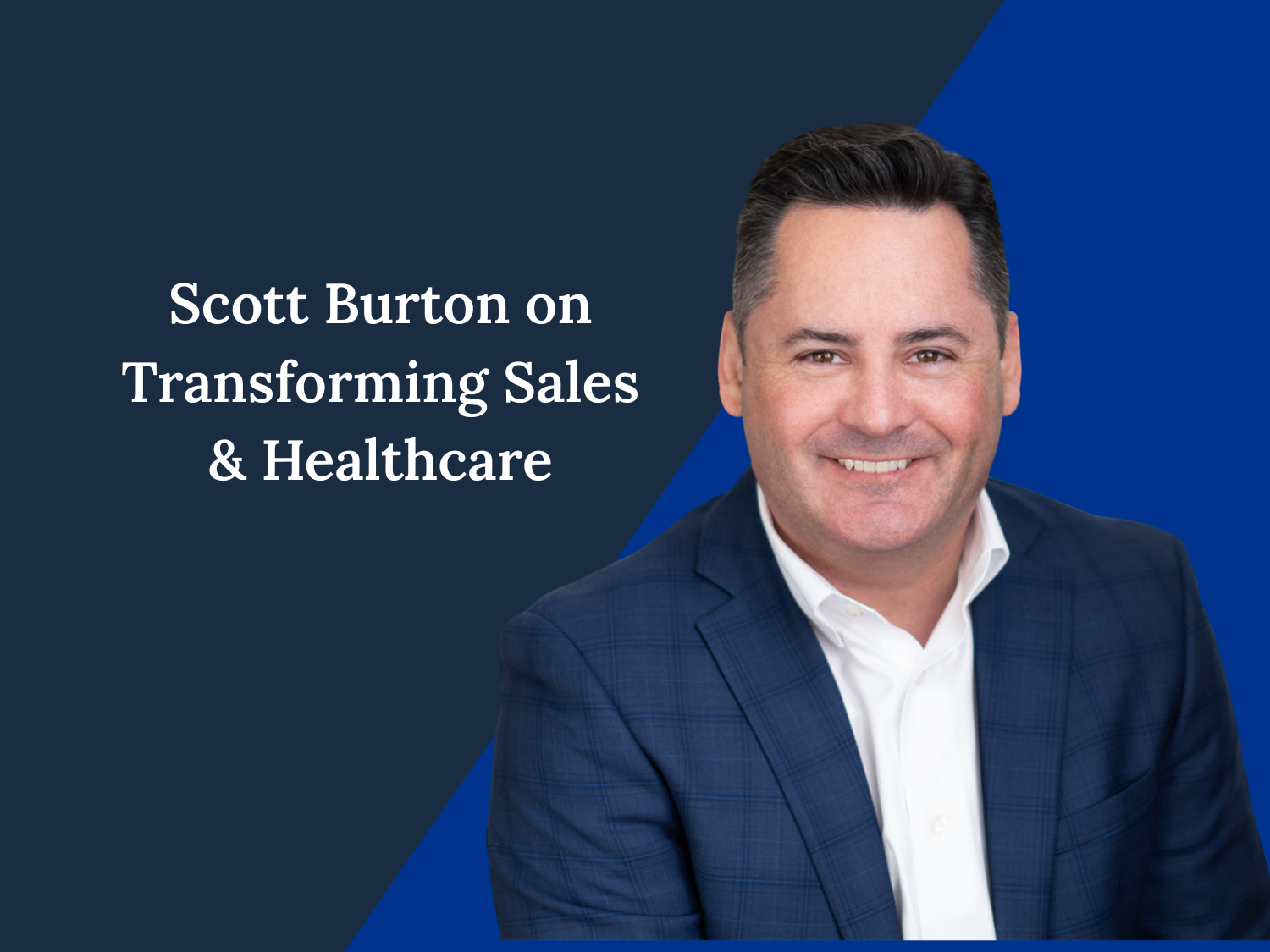Innovation & Insights
The Fierce Health Payer Summit 2023: Conversations on Value-Based Care and Behavioral Health Support
08 December 2023
PHP Attends the Fierce Healthcare Payer Summit 2023
PHP’s Don Antonucci and Dr. Paul Giger join leaders for discussions on key trends driving transformation in the payer industry
At Providence Health Plan (PHP), members are at the center of all we do – from designing comprehensive healthcare benefits that members want and need to ensuring each member has access to the compassionate, high-quality care they deserve. At Fierce Healthcare’s recent Fierce Health Payer Summit held November 2nd and 3rd in Austin, Texas, PHP President and CEO Don Antonucci and Paul Giger, MD, MBA, PHP’s Medical Director of Behavioral Health, joined reporters and industry experts for conversations on two important trends shaping how we approach those healthcare needs right now: value-based care and behavioral healthcare access.
Read on to learn more from Antonucci and Giger and how value-based care and behavioral health support work hand in hand to make a significant impact on the health and overall well-being of members and our communities.
Value-Based Care – What Does it Mean?
In the simplest terms, value-based care is a healthcare delivery model where providers are paid based on patient health outcomes and quality of services. At the Fierce Health Payer Summit, Antonucci sat down with Misha Palecek, DaVita Redwoods Resident Chief Development Officer, and Will Johnson, Vice President and General Manager at Oscar Health, to explore its impact beyond costs and affordability.
Antonucci is passionate about advancing value-based care to ensure members work towards their long-term wellness and reduce the amount of care they need. To achieve this, he said industry leaders must focus on the coordination and experience of value-based care, both for providers and patients.
“What value-based care needs is to look at every component of [the patient journey],” Antonucci said. “We all go into the doctor's office and fill out the forms. How much do you drink? Do you have food insecurity? Do you need transportation? The question is, is there a better way to do that where you get the real information? Can you then connect it to a benefit or an offering that's going to make that experience better and improve quality and outcomes? That's where the future is.”
Value-based care also places importance on whole-person care and a connected, seamless care experience from a team, which includes community resources and services that may lie outside of traditional medical care, Antonucci noted. As part of this effort, PHP announced this summer the Health For All initiative, a continued commitment from healthcare stakeholders to provide equitable and high-quality care to everyone through thoughtful community partnerships with organizations such as Central City Concern and the Oregon Food Bank.
“Learning from those [partnerships] and then looking to apply those in our local markets is huge for us, and I think it's going to be important because that is really whole-person health,” Antonucci said. “It's marrying that data that you can collect to those services and then providing those opportunities.”
Improving Access to Mental Healthcare
One in four Americans struggle with their mental health, yet 60% of those individuals will never get treatment for their behavioral health conditions. According to a recent White House report, on average, the 40% of Americans who can access mental health treatment wait 11 years to find a provider. During the Fierce Health Payer Summit, Giger joined Mary Lou Osborne, president of Ontrack Health, and Micah T. Hoffman, Behavioral Health Medical Director for AllMed Healthcare Management, to discuss creative solutions insurers can implement to help members get the care they need.
Giger shared how PHP worked with the Providence Health system to develop the first-of-its-kind Behavioral Health Concierge. The program began as an employee benefit, but later was expanded to serve members of PHP’s group insurance plans. Giger said the program has been successful because it offers members and their families the option to access behavioral health visits both in person and virtually.
“Virtual care has a lot of opportunity to bridge gaps,” said Giger. “We have employer groups who have members that live in rural areas 20 miles away, and it might take them an hour and a half to get [to appointments]. Or maybe they live in the city. In New York City, two miles can also be an hour to get there. Virtual options have opened the access both in those rural areas and in metro areas as well.”
In addition to the Behavioral Health Concierge, Giger and his team are implementing digital health solutions to help fill care gaps. For example, one app, which is free to all members, provides virtual cognitive behavioral therapy (CBT). Users navigate lessons to learn skills to self-regulate and to make behavior changes for common conditions, including depression, social anxiety, insomnia, and substance abuse, just by easily accessing a smartphone app.
Wrapping Up
As a payer organization, we have a privilege and a responsibility to help provide access to the right level of care for all members and their families. Focusing on the things that can make a lasting impact on the health of our communities – from value-based, whole person health coverage to mental health support and equitable care for all – is how we can truly make a positive difference for all in mind, body, and spirit.
Read More

Nurses at Providence Health Plan: Beyond the Bedside
Read More
Executive Insights with Ashley Wise: Breaking Barriers in Finance Leadership
Read More
Providence Health Plan's Integrated Approach to Health Equity and Member Experience
Read More

